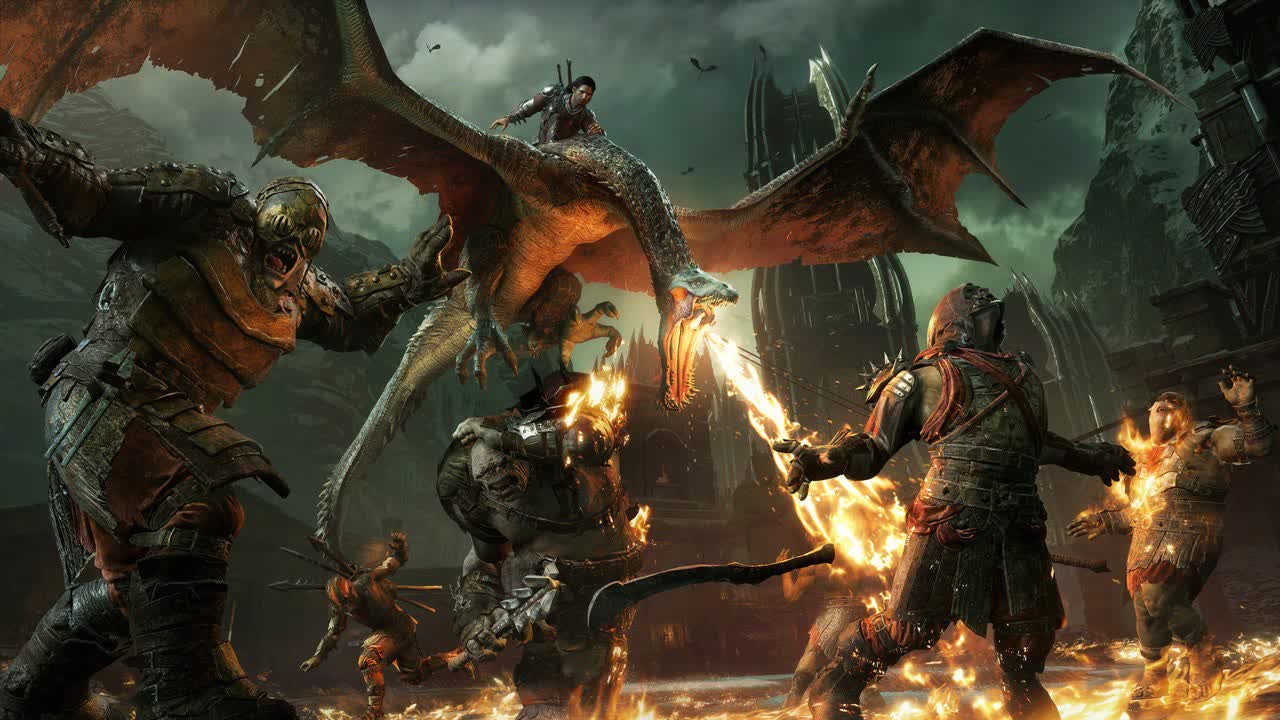In brief: The Middle-Earth games from the recently closed studio Monolith are largely known for the unique Nemesis system, which procedurally generated new enemy behavior based on the player's actions. Critics praised Monolith for its creativity, but a former Warner Bros executive recently revealed that the design actually emerged from a very pragmatic goal – discouraging players from trading their games in.

In a recent video that was quickly removed, former WB Games vice president Laura Fryer revealed the inspiration behind an innovative game mechanic from Monolith's Middle-earth games. Although players often criticize game companies for using gimmicks to further monetize their products, the same goal was behind the creation of the well-regarded Nemesis system.
The first in a duology of action-adventure games set in J. R. R. Tolkien's world, 2014's Middle-earth: Shadow of Mordor, was developed during a time when large publishers frequently complained about second-hand game sales. Multiplayer and large open worlds became more common in games with big budgets because players traded them in less often, which presumably meant that a higher percentage of customers bought them new instead of used.

Fryer explained that Monolith's game engine didn't support the open worlds common in other major titles, and the company was unwilling to implement multiplayer. Instead, the studio tried to increase player retention by making its game more dynamic and less predictable.
Monolith's answer, the Nemesis system, enabled NPCs to remember players' actions and change their behavior accordingly during later encounters. Although the mechanic was popular, it remains unclear whether it helped minimize trade-ins and second-hand sales. Nowadays, publishers prefer to lock customers in with digital purchases and subscriptions, which can't be traded.
Unfortunately, despite implementing the Nemesis system in two successful Middle-earth games, Warner Bros suddenly shut down Monolith and other subsidiary studios last month. The company was developing a Wonder Woman title that also implemented the memorable mechanic.
To make matters worse, the Nemesis system likely won't appear in another game for the foreseeable future because Warner Bros patented it. The publisher currently has no other games in production, and holds the patent on the mechanic until August 11, 2036. Fittingly, YouTube removed Fryer's video following a Warner Bros. copyright claim.
Before the Middle-earth titles, Monolith's three-decade history included well-regarded PC classics like Blood, No One Lives Forever, Shogo: Mobile Armor Division, and F.E.A.R.
WB's push to curb second-hand sales led to groundbreaking Nemesis game mechanic